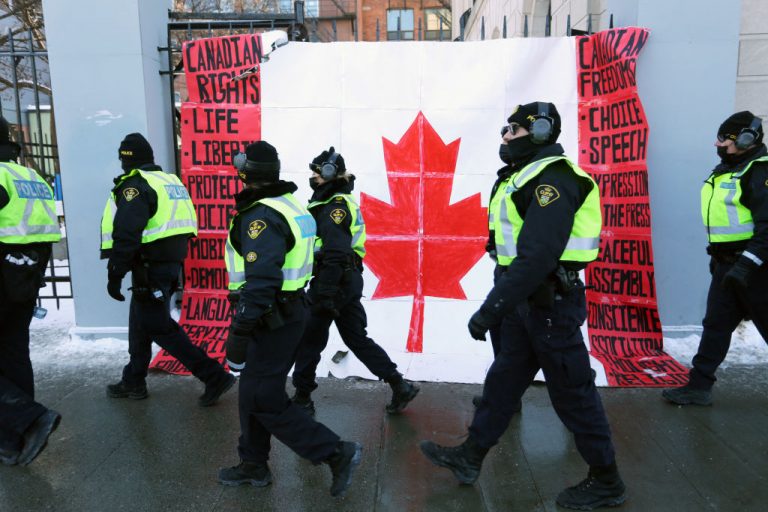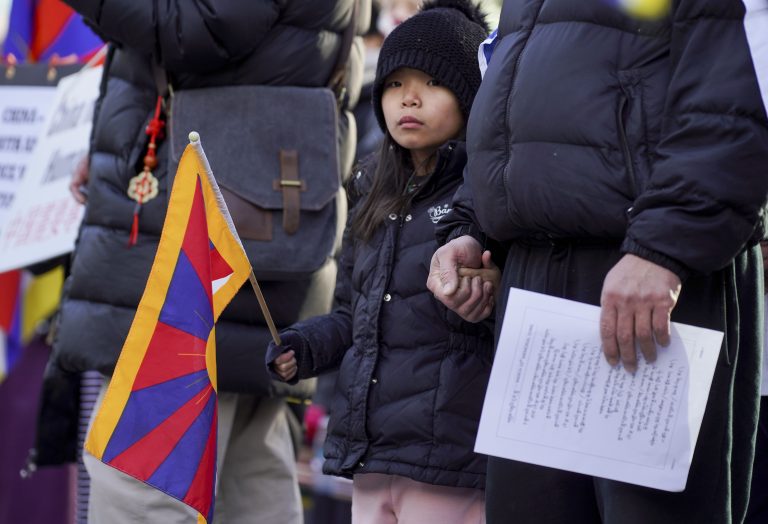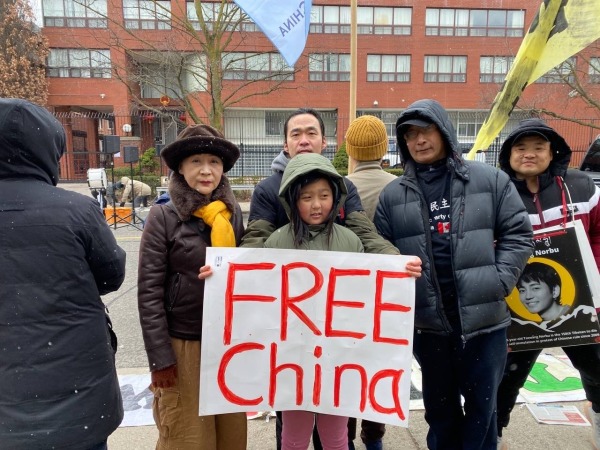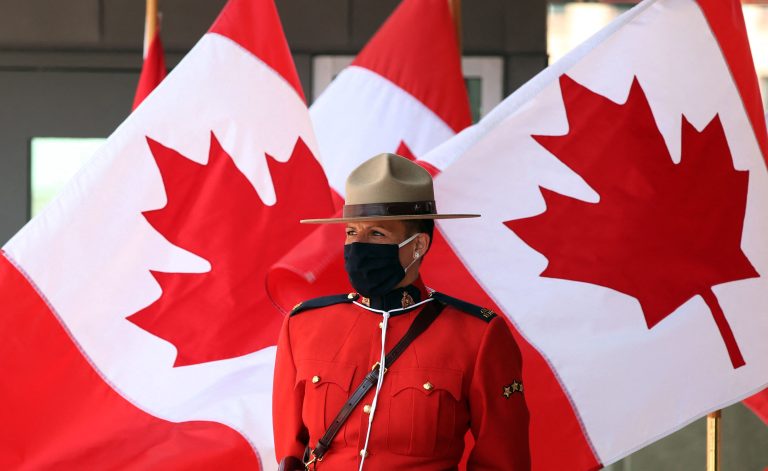An Ontario court has extended an injunction freezing $20 million in Freedom Convoy donations and assets, including a large amount of cryptocurrency, until at least March 9.
The injunction, originally filed on Feb. 17 and available for viewing online, has frozen any assets that have been raised for the protest, “including but not limited to any digital assets” such as cryptocurrencies, up to a total amount of $20 million.
The targeted defendants include convoy leaders such as Tamara Lich, Benjamin Dichter, Nicholas St. Louis, as well as over sixty unnamed John and Jane Does.
RELATED READING:
- ‘Donation Campaigns’ Sustaining Outside Actors Stoking BC Natural Gas Production Site Axe-attack
- Ottawa Imitates Authoritarian Regimes With Violent Crackdown on Canada’s Freedom Convoy Protests
- Public Employee Union-led Counter Protest Against Freedom Convoy Flies Hammer and Sickle Flag
The legal measure utilized, known specifically as a Mareva Injunction, is the most recent step in the proposed class action lawsuit against the Freedom Convoy. It is self-described as motivated by what Plaintiffs allege as “the serious harms and losses experienced by the residents, businesses, and workers in downtown Ottawa due to the Freedom Convoy occupation,” and was originally introduced by apparent civil servant Zexi Li.
Success
You are now signed up for our newsletter
Success
Check your email to complete sign up
Independent website The Counter Signal noted in their report of the extension that the injunction is unique, as it is the first of its kind to target cryptocurrency assets. The article also focused on details of the legal measure, noting that the extension of the injunction conflicts with the fact that Marevas are, in theory, only to be utilized if plaintiffs suffer “irreparable harm if the injunction is not granted,” despite the fact that the Freedom Convoy has already departed Ottawa.
Plaintiffs involved in the case include restaurant server Geoffrey Devaney, as well as local business owners Ivan Gedz and Henry Assad. In an interview with CBC last month, Assad revealed that he lost revenue at his store, Happy Goat Coffee, during the occupation protest when he closed his business locations, claiming concerns arising from the intrusion of people not wearing masks.
“[They] were trying to intimidate, and trying to basically resist putting any masks [on],” he said.
Despite Assad’s claims, CTV reported that other businesses on Elgin Street were able to remain open during the Freedom Protests. The article paraphrased other business owners in the area as stating “that they are far enough from the ‘Freedom Convoy’ protest that they have been able to remain open, and that there are plenty of options for anyone looking to dine out downtown.”
The timing of Assad’s concerns are juxtaposed by recent news that Ontario Premier Doug Ford admitted via press conference that Ontario will likely join other major Canadian provinces in lifting mask mandates.
Despite these facts, the lawsuit against Convoy organizers seeks to obtain a total of $306 million. The specifics include $200 million for business losses, $60 million for losses of wages, and $36 million for “pain and suffering and psychological distress.”
While the legal claims appear motivated by monetary losses to staff and independent businesses in Ottawa, governmental mandates have appeared to create higher levels of financial distress throughout the Coronavirus Disease 2019 (COVID-19) pandemic.
According to a report published by the Canadian Federation of Independent Business (CFIB) in August of 2021, small businesses in Canada owe a staggering $139 billion due to governmental measures put in place.
The CFIB stated that the average business is facing almost $170,000 in COVID debt arising from restrictions since lockdowns were first introduced in March of 2020.
Additionally, new data released by the CFIB on Feb. 15 noted that, “Canada’s small business owners support lifting most COVID restrictions, with the strongest call to eliminate capacity limits, travel restrictions such as PCR border tests, and vaccine passports for customers.”
CFIB President Dan Kelly mentioned, “Vaccine passports have increased costs and led to further drops in sales,” and characterized the long-term effects of governmental mandates as an “economic hangover.”
Nonetheless, the class action against the Freedom Convoy continues in the name of protecting local businesses.













